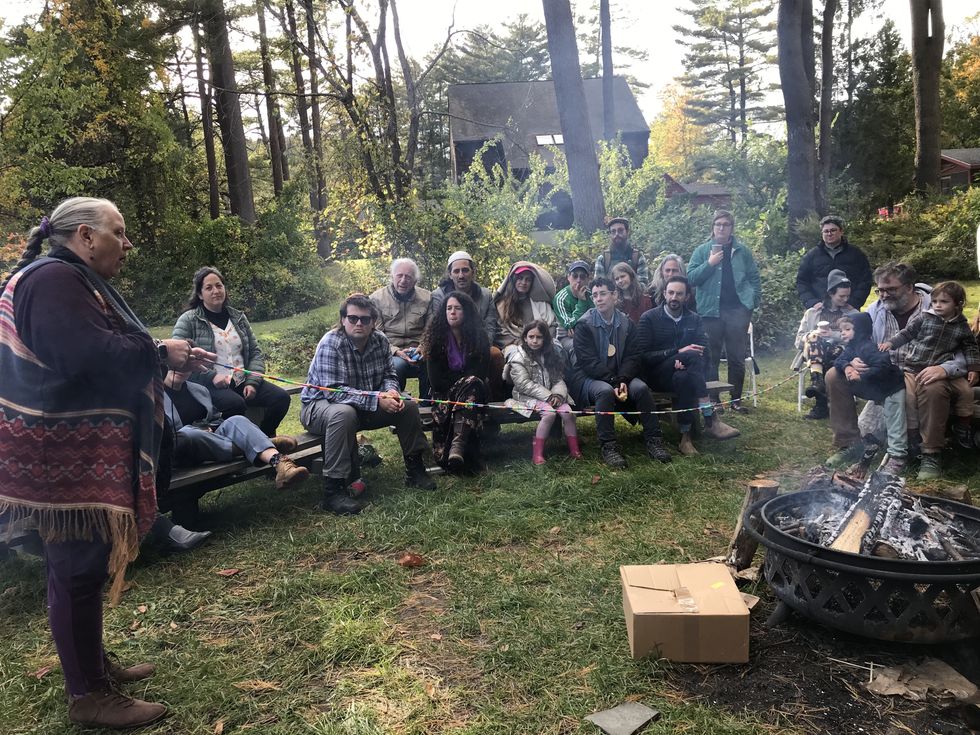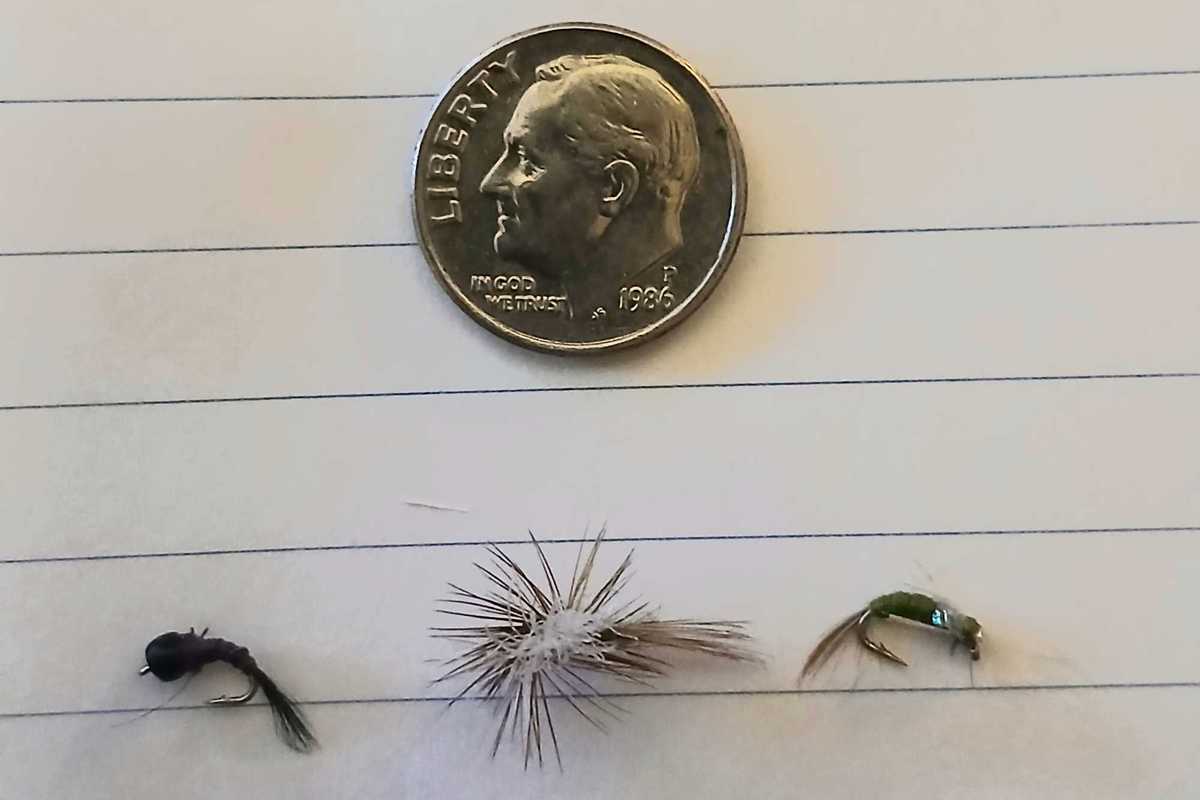Schaghticoke storytelling to celebrate Sukkot

Darlene Kascak, the Education Director for the Institute of Native American Studies in Washington and a member of the Schaghticoke Tribal Nation, told traditional Mahican stories at the Isabella Freedman Center in Falls Village on Sunday, Oct. 8. Kascak demonstrated the length of the indigenous history on the land by unfurling a string of beads, with each bead representing 100 years. Photo submitted


 lakevillejournal.com
lakevillejournal.com 




 Visitors consider Norman Rockwell’s paintings on Civil Rights for Look Magazine, “New Kids in the Neighborhood” (1967) and “The Problem We All Live With” (1963.) L. Tomaino
Visitors consider Norman Rockwell’s paintings on Civil Rights for Look Magazine, “New Kids in the Neighborhood” (1967) and “The Problem We All Live With” (1963.) L. Tomaino


 Styling a tray can give a home or room a re-fresh.Kerri-Lee Mayland
Styling a tray can give a home or room a re-fresh.Kerri-Lee Mayland





